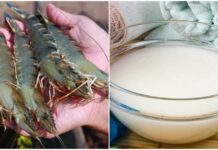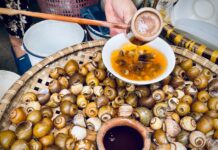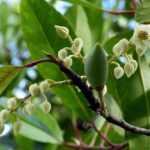These three leaves are renowned for their myriad health benefits. With an increasing trend of diseases affecting younger populations, many people now choose to consume a daily decoction of these leaves to prevent serious ailments such as diabetes, cancer, and hypertension. The common method of preparation involves sun-drying the leaves and young buds, followed by decocting them to make a drink.
Eclipta prostrata Leaf
Eclipta prostrata is an easily cultivatable herb that typically grows in mountainous forest regions, especially in provinces like Hoa Binh, Thanh Hoa, and Ninh Binh.
It is a woody vine with an average length ranging from 3-10 meters, forming bushes, and is very familiar in Vietnam. Its young branches are hairless and have a light gray color.
In traditional Vietnamese medicine, Eclipta prostrata is renowned for its health benefits. It stands out for its blood sugar-lowering properties, making it invaluable for diabetics. Additionally, Eclipta prostrata has anti-inflammatory, anti-acne, anti-jaundice, blood-stimulating, analgesic, immunostimulant, and sedative effects.
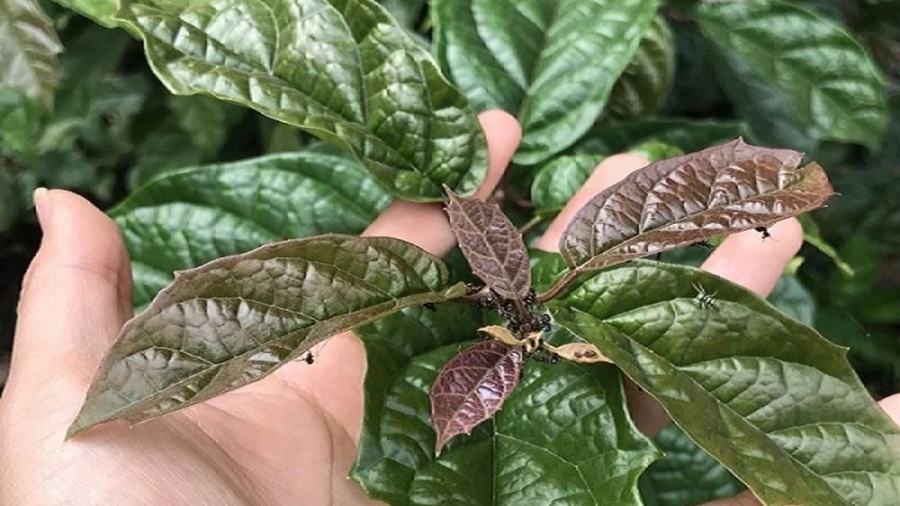
Eclipta prostrata has long been recognized in traditional Vietnamese medicine for its myriad health benefits.
Scientific studies have proven that the flavonoid and polyphenol compounds in Eclipta prostrata improve insulin activity and regulate blood sugar levels. These substances enhance glucose absorption by cells and inhibit glucose production in the liver, thus stabilizing blood sugar. Moreover, Eclipta prostrata possesses antioxidant properties, protecting the beta cells in the pancreas and supporting efficient insulin secretion.
Furthermore, the Saponin and Triterpenoid compounds found in its leaves have been shown to inhibit cancer cell growth, safeguarding the body against dangerous cancers, especially liver and lung cancers.
Green Tea Leaf: The Golden Beverage for Health
Green tea leaves are not only a popular beverage but also a precious “medicine” with numerous health benefits, especially in lowering blood sugar and preventing cancer.
A prominent component of green tea leaves is catechin, a polyphenol capable of effectively regulating blood sugar. Catechin improves insulin sensitivity, thereby enhancing cellular glucose absorption and reducing blood sugar levels. This is particularly crucial for diabetics or those at high risk of developing the disease.

Green tea leaves offer not just a popular beverage but also a treasure trove of health benefits.
Additionally, green tea leaves contain epigallocatechin gallate (EGCG), a compound scientifically proven to inhibit cancer cell growth. According to research by the Los Angeles Biomedical Research Institute, EGCG is highly effective in suppressing the growth of pancreatic cancer cells.
Regular consumption of green tea not only helps control blood sugar levels but also confers other benefits such as reduced risk of cardiovascular disease and improved overall health. Owing to these superior benefits, green tea leaves deserve a prominent place in our daily diet.
Clinacanthus Leaf: Nature’s Precious Herb
Clinacanthus, also known as patchule, is a wild-growing plant in tropical regions. Its scientific name is Clinacanthus, belonging to the Acanthus family.
For a long time, this plant has been widely used in Oriental medicine and is known for its health benefits. Modern research, along with traditional medicine, has confirmed the advantages of Clinacanthus, especially its high content of the flavonoid compound, which has anti-inflammatory and anti-aging effects.
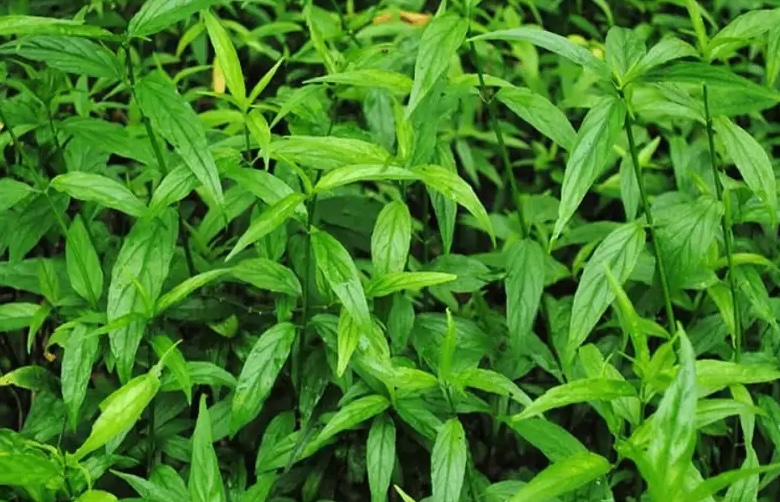
Clinacanthus leaves are rich in flavonoids, offering potent anti-inflammatory and anti-aging benefits.
In addition to flavonoids, Clinacanthus contains other valuable substances such as flavones, glycosides, vitamins, minerals, tannins, and fiber. These compounds play a crucial role in providing nutrition, boosting health, and supporting the treatment of various ailments such as stomach inflammation, sore throat, and regulating cholesterol and blood sugar levels.
Notably, the antioxidants in Clinacanthus leaves help prevent the formation of cancer cells and aid in treating cancers like lung cancer, lymph node cancer, and liver cancer. With its immense medicinal value, Clinacanthus is undoubtedly a precious herb in the treasury of traditional and modern medicine.














